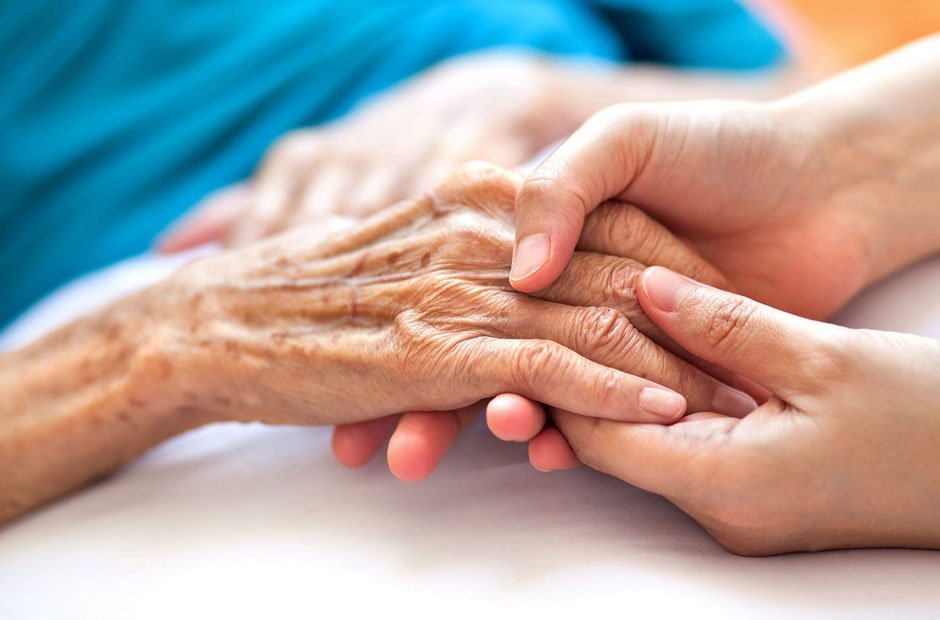Going through the end-of-life journey can be an intensely delicate and emotional time. For numerous people, there is nothing more significant than being in the comfort of their own home during their final moments. Home-based end-of-life care offers a gentle alternative to institutional settings, allowing individuals to find peace in a familiar environment while surrounded by their dear ones. In this article, we explore the significance of end-of-life care at home, its benefits for both individuals and their families, and the crucial role that compassionate support plays during this poignant period.
Preserving Dignity and Autonomy
Delivering end-of-life care at home is centered on upholding the self-respect and autonomy of those grappling with terminal illnesses. Staying in a familiar space provides them with a sense of control over their environment and decisions, fostering a more dignified and tailored experience.
Emotional Comfort of Home
Our homes are usually filled with cherished memories and offer feelings of comfort. For those in their final phase of life, being at home can grant emotional ease and a sensation of security. The well-known sights, sounds, and smells can provide reassurance, nurturing emotional health during challenging periods.
Personalized Care and Attention
End-of-life care offered at home is innately personalized, designed to cater to the distinct needs and desires of each person. Care plans are created collaboratively with the individual receiving care and their family members, ensuring that the support rendered aligns with their values, beliefs, and goals for their remaining days.
Family Involvement and Support
Having loved ones present is a cornerstone of end-of-life care at home. Family members can play an active role in the care process, offering emotional support, companionship, and assistance with daily tasks. The shared experiences and connections forged during this time can be deeply meaningful for both the individual and their family.
Creating Meaningful Moments
End-of-life care at home allows for the creation of meaningful moments and experiences. Whether it’s sharing stories, enjoying favorite meals, or simply being surrounded by loved ones, these moments contribute to a sense of fulfillment and connection, enriching the quality of the individual’s final days.
Effective Pain and Symptom Management
Pain and symptom management are crucial aspects of end-of-life care. Home care assistance enables healthcare professionals to work closely with the individual and their family to address pain and discomfort effectively. The focus is on enhancing the individual’s overall quality of life and ensuring their comfort.
Providing Spiritual and Emotional Support
End-of-life care often involves addressing spiritual and emotional needs. Being at home allows individuals to receive spiritual and emotional support in a setting that holds personal significance. Spiritual care providers and counselors can offer guidance, comfort, and a listening ear.
Facilitating Open Communication
Effective communication is crucial when providing end-of-life care. Home environments tend to be more comfortable and intimate, which encourages honest and open conversations between the individual, their family members, and medical professionals. This clarity in communication is vital for addressing concerns, making decisions, and ensuring everyone has a common understanding.
Assistance with Practical Matters
At-home end-of-life care also involves practical support with daily activities such as bathing, getting dressed, and managing medications. With the assistance of skilled caregivers and healthcare experts, both the individual and their family can concentrate on making meaningful connections and coping with their emotions during this time.
Grief Support for Families
End-of-life care doesn’t conclude when a loved one passes away. Many home care services extend their support by offering grief counseling and resources for families to help them work through the bereavement process. This continued assistance plays a significant role in helping families come to terms with their loss and adapt to life without the presence of the deceased.
In conclusion, end-of-life care at home is a compassionate approach that honors the wishes and needs of individuals facing terminal illnesses. It emphasizes dignity, autonomy, and the importance of meaningful connections with loved ones during this profound and delicate stage of life. As more individuals express their desire to spend their final days at home, the healthcare industry continues to adapt and expand services to meet these unique needs, fostering an environment of care, compassion, and support.
















